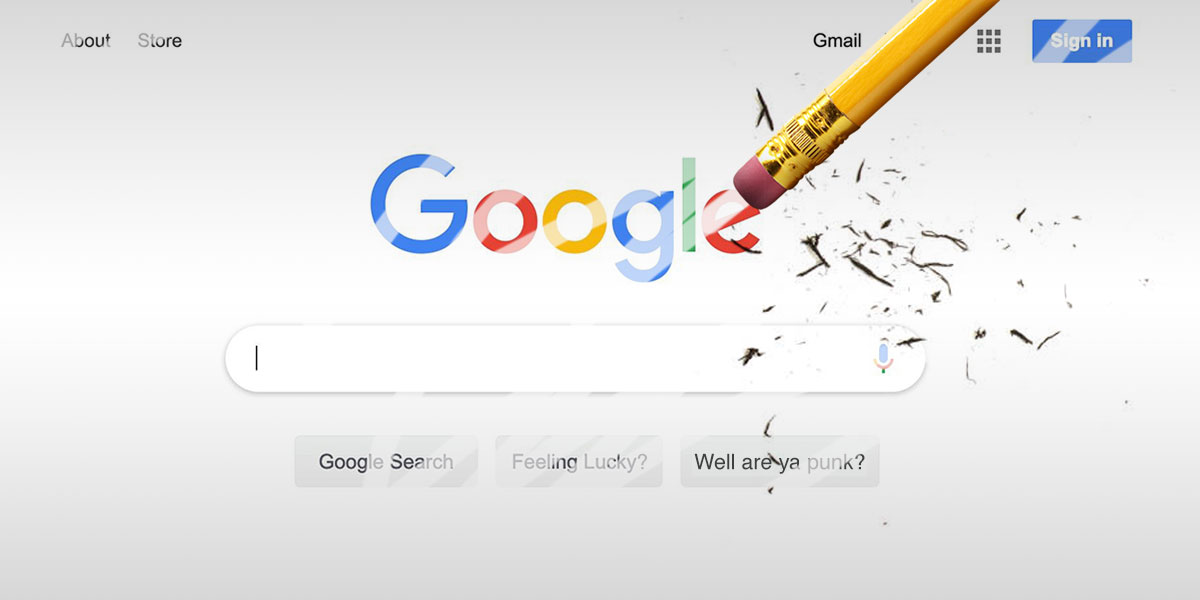For the next three years, Google must meet the following criteria:
- Allow third-party app stores for Android, and let those app stores distribute all the same apps as are available in Google Play (app developers can opt out of this);
- Distribute third-party app stores as apps, so users can switch app stores by downloading a new one from Google Play, in just the same way as they’d install any app;
- Allow apps to use any payment processor, not just Google’s 30 percent money-printing machine;
- Permit app vendors to tell users about other ways to pay for the things they buy in-app;
- Permit app vendors to set their own prices.
Google is also prohibited from using its cash to fence out rivals, for example, by:
- Offering incentives to app vendors to launch first on Google Play, or to be exclusive to Google Play;
- Offering incentives to app vendors to avoid rival app stores;
- Offering incentives to hardware makers to pre-install Google Play;
- Offering incentives to hardware makers not to install rival app stores.



The answer to this question is quite simple, because Google (excluding the Pixel line) isn’t making the actual phones, just the software. The actual manufacturers (Samsung, Motorola, Huawei, etc) are taking Google’s OS and putting it on their phones. This case mostly hinges on Googles behavior being monopolistic to them, not to the end consumer.
On the other hand, Apple make both the OS and the Hardware, there’s no manufacturer they’re forcing the app store on, so the same rules don’t apply here.
I love how the problem isn’t the people being hurt by monopolistic behavior, but other companies.
We really are fucked.
Yes. Sounds like the law itself is flawed.